During and after floods, many microorganisms, garbage, waste, etc. follow the water flow to many places, causing environmental pollution and posing many potential risks of disease.
Colonel, Dr. Vu Viet Sang, Deputy Director of the Institute of Clinical Infectious Diseases and Head of the Department of Respiratory Infectious Diseases, 108 Central Military Hospital, said that during and after storms and floods, the environment is heavily polluted by domestic and industrial waste, rotting animal and plant corpses, and untreated sewage overflowing from the sewer system. These are very favorable conditions for pathogenic microorganisms to develop and cause disease in humans.
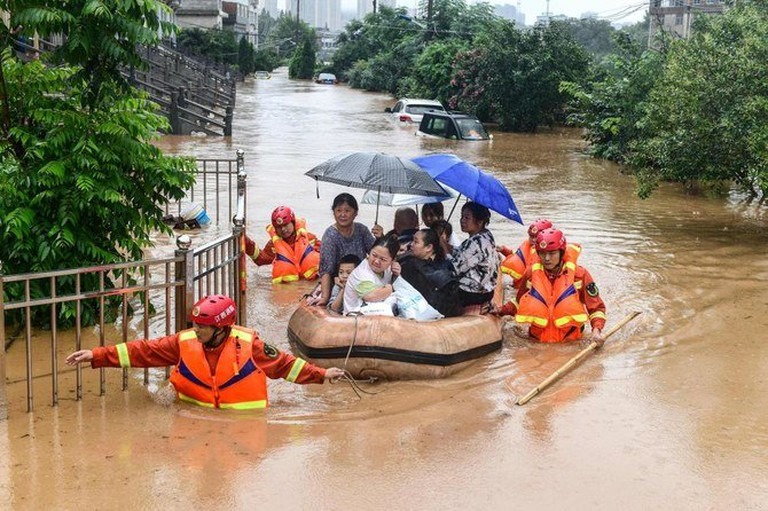 |
| During and after floods, many microorganisms, garbage, waste, etc. follow the water flow to many places, causing environmental pollution and posing many potential risks of disease. |
Experience has shown that infectious diseases often follow storms and floods. During and after storms and floods, we often encounter the following diseases:
Gastrointestinal diseases: Acute diarrhea, cholera, bacillary dysentery, amoebic dysentery, typhoid, E.coli infection, viral hepatitis A.
The cause is due to domestic water sources, drinking water sources, food and food being contaminated by pathogenic microorganisms (bacteria, viruses, fungi, protozoans).
Common skin diseases include: athlete's foot, hand fungus, folliculitis, ringworm, pityriasis versicolor, scabies, and boils. In addition, people in flooded areas can contract a number of dangerous infectious diseases transmitted through the skin and mucous membranes such as Whitmore's disease, leptospirosis, and Vibrio vulnificus.
The cause is dirty water, contaminated with microorganisms and pathogenic fungi; people in flood-affected areas often have to soak their bodies and limbs in dirty water for a long time, and due to humid living conditions.
Eye diseases such as pink eye, blepharitis, and lacrimal gland inflammation are also easily caused by polluted living environment and drinking water sources;
Respiratory diseases such as colds, flu, sore throat, and respiratory tract infections are also easily contracted by people due to being exposed to cold when having to soak in water for a long time, lacking clothes and blankets; houses are not properly covered to protect against the wind, and people even have to move to crowded, unsanitary places.
Common mosquito-borne diseases include dengue fever because after floods, conditions are very favorable for disease-causing mosquitoes to breed and develop. Temporary living conditions are not guaranteed.
Measures to prevent epidemics during and after storms and floods include cleaning water tanks, wells, and water containers; filtering drinking water with clean sand or alum to settle and then disinfecting the water with Cloramin B according to the instructions of medical staff.
Choose clean food and prepare food safely and hygienically, eat cooked food and drink boiled water, do not eat old or spoiled food.
Wash your hands regularly with soap before and after preparing food, before eating and after using the toilet.
Practice personal hygiene daily, wash feet and dry between toes after contact with flood water or contaminated water, and do not wear wet clothes.
Avoid swimming in dirty, stagnant water. If you must swim in dirty water, rinse immediately with clean water and dry thoroughly, especially between fingers and toes.
Implement the principle of cleaning as the water recedes, collecting, processing and burying animal carcasses according to the instructions of medical staff.
Destroy larvae/wigglers, kill mosquitoes by covering tanks, water containers, putting fish in large water containers, removing waste such as bottles, jars, car tires... or natural water holes to prevent mosquitoes from laying eggs.
Use mosquito nets when sleeping to avoid mosquito bites, even during the day. Always keep your body warm, especially the elderly and children; eat nutritious food, supplement with vitamins and minerals.
When there are signs of suspected infection, you should go to the nearest medical facility for examination and treatment.
Regarding mistakes in treating infectious diseases during storm and flood season, according to Colonel Vu Viet Sang, patients should not be subjective, but should go to medical facilities for examination or come to the hospital late when there are signs of abnormal health.
Patients self-diagnosing, self-medicating, or following the advice of non-medical relatives are also common mistakes today.
Poor control of underlying diseases and existing chronic diseases due to difficult traffic conditions during the rainy and stormy season and patients not being able to go to medical facilities for regular check-ups is also a reason why medical examination and treatment do not bring about the desired results.
Therefore, according to the recommendations of doctors at the 108 Central Military Hospital, everyone needs to fully apply the disease prevention and control measures as mentioned above; go to medical facilities for examination, or consult a doctor remotely (via phone, social networks and other platforms) as soon as they detect unusual health symptoms.
At the same time, manage and treat underlying diseases and chronic diseases well. In case you cannot go to the medical facility for a follow-up examination, you should seek advice from your regular doctor to manage, monitor and treat your illness.
Source: https://baodautu.vn/benh-truyen-nhiem-nao-de-bung-phat-mua-bao-lu-d225165.html








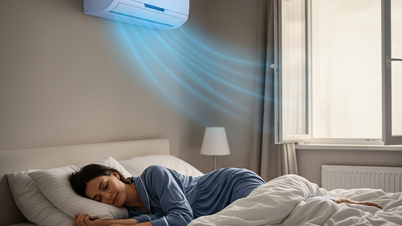

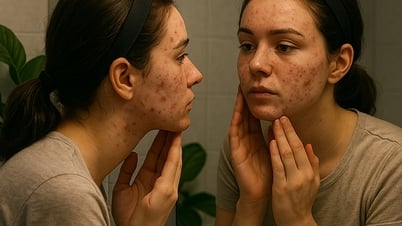





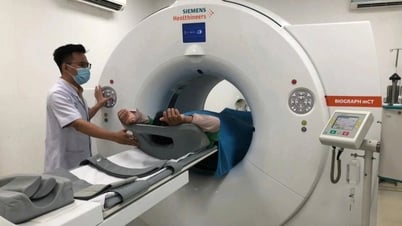






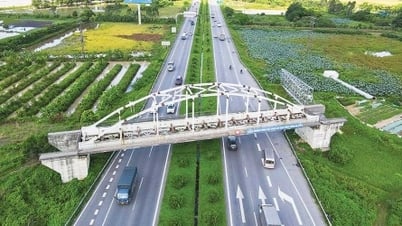
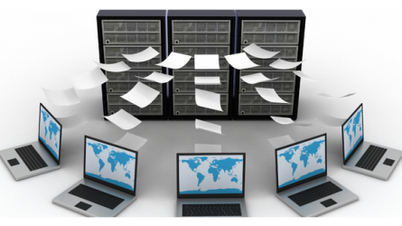


![[Photo] Central Propaganda and Mass Mobilization Department meets with exemplary journalists](https://vphoto.vietnam.vn/thumb/1200x675/vietnam/resource/IMAGE/2025/6/21/9509840458074c03a5831541450d39f8)




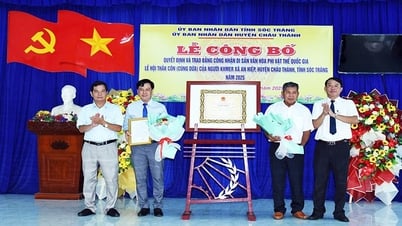









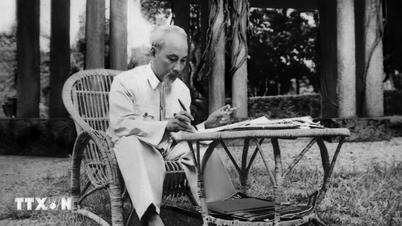










![[Maritime News] Wan Hai Lines invests $150 million to buy 48,000 containers](https://vphoto.vietnam.vn/thumb/402x226/vietnam/resource/IMAGE/2025/6/20/c945a62aff624b4bb5c25e67e9bcc1cb)
















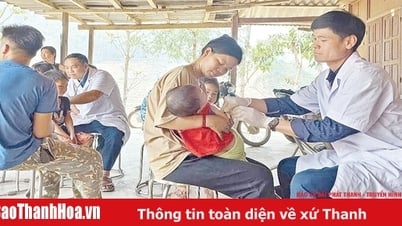


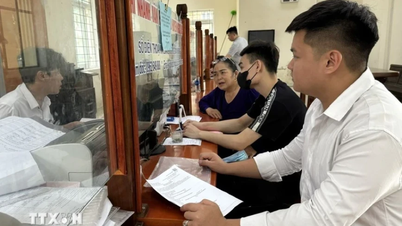
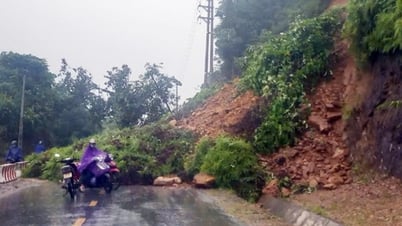
















Comment (0)